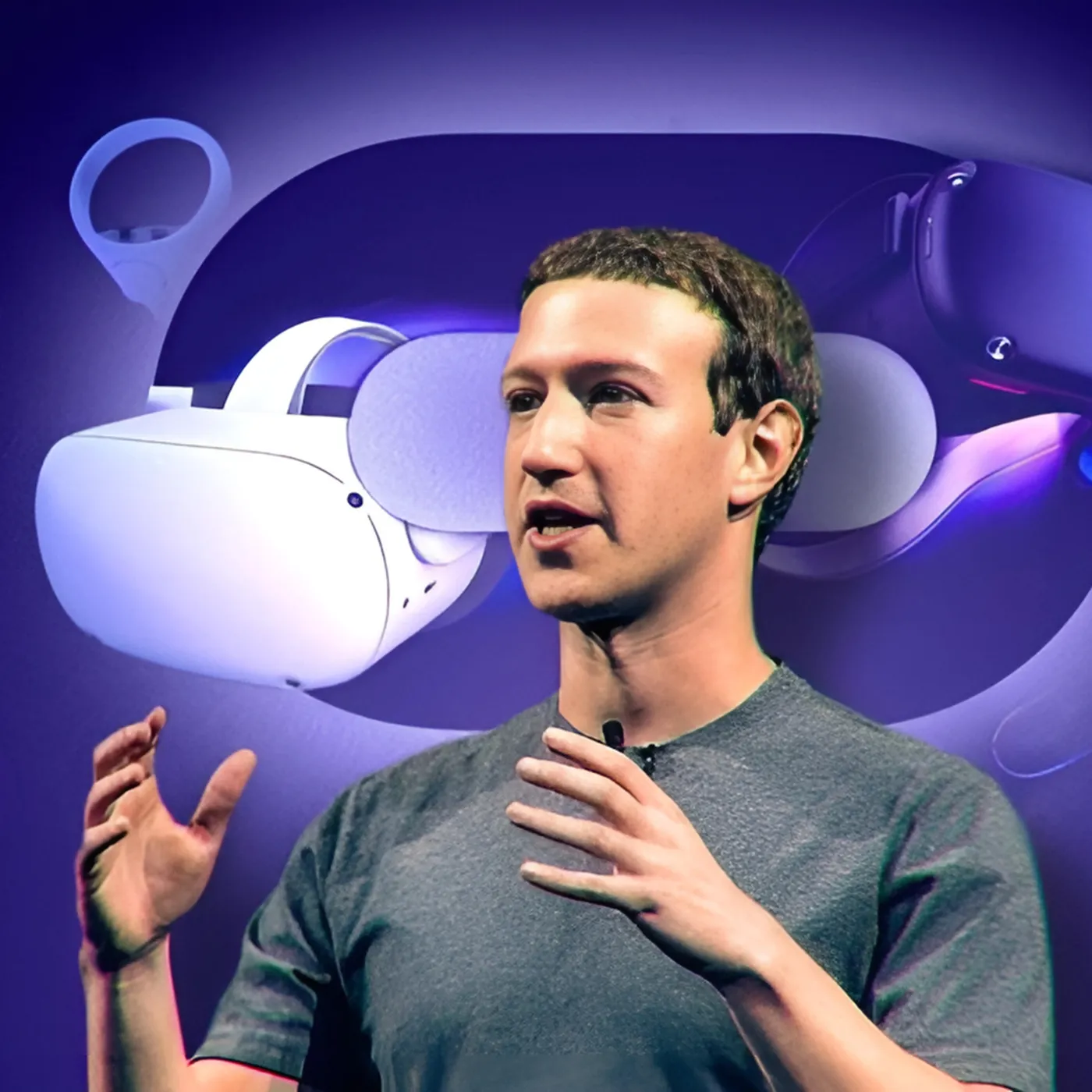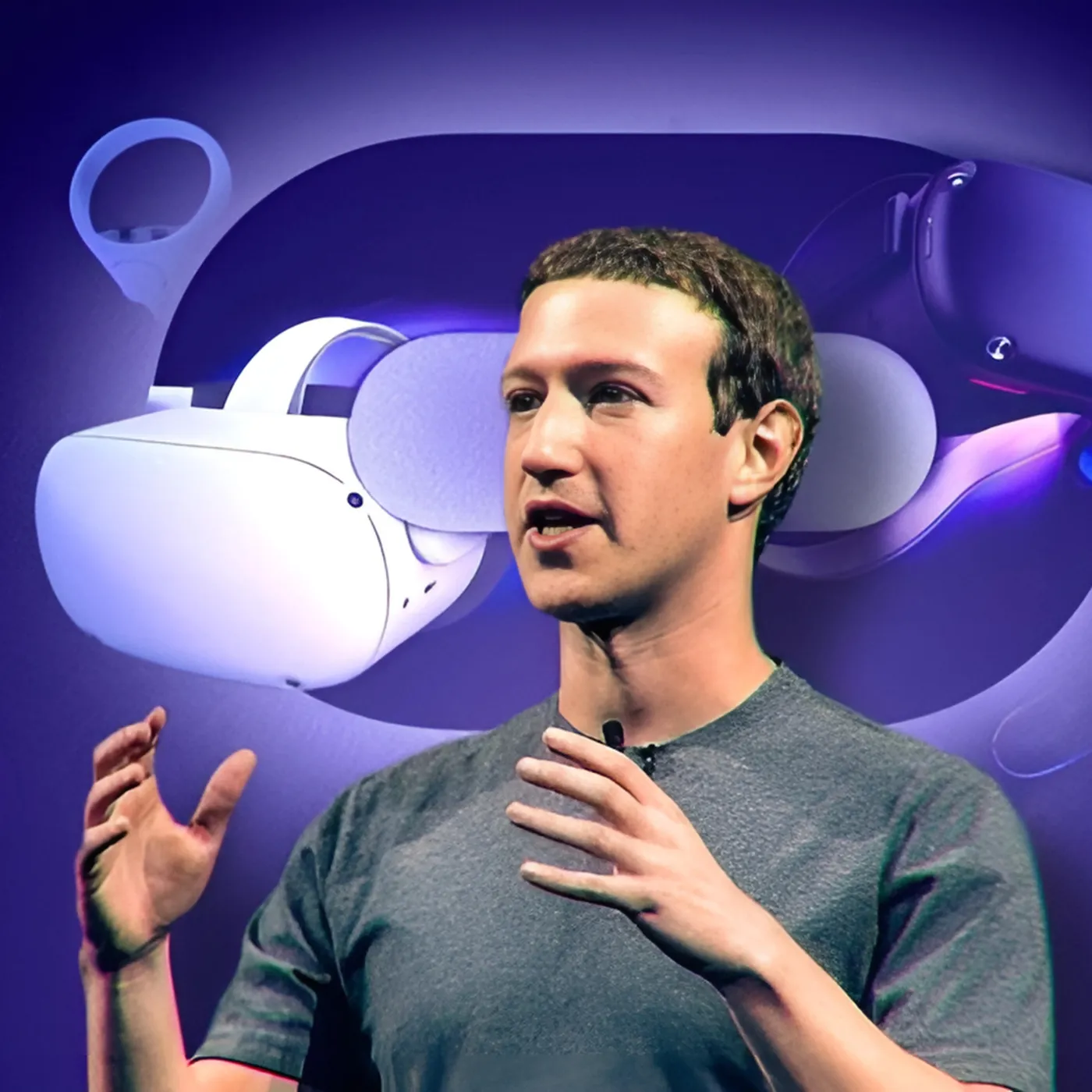

Mark Zuckerberg’s 2025 AI Masterplan Just Leaked—and It’s Coming For Your Data
A groundbreaking leak has just surfaced, sending shockwaves through the tech industry and raising urgent questions about the future of digital privacy. Mark Zuckerberg’s 2025 AI Masterplan—a confidential document outlining Meta’s secret strategy to harness artificial intelligence—is now public, and what it reveals is nothing short of a seismic shift in how your personal data will be captured, analyzed, and leveraged. The plan doesn’t merely envision incremental improvements; it maps out a bold, unprecedented integration of AI into every facet of our digital and physical lives. This means that the very fabric of your online privacy, autonomy, and data security is at risk like never before.
As millions of users around the world continue to engage with Meta’s platforms, the question looms large: how will this new AI-driven future affect your everyday interactions, your data security, and ultimately, your freedom? To truly grasp the impact, we need to dig into the intricate details of the leaked masterplan, its ambitious goals, and the privacy implications that come with them.
The Scope of Meta’s AI Ambitions: More Than Meets the Eye
At first glance, Meta’s AI initiative appears to be about enhancing user experience—smarter feeds, better recommendations, and more personalized content. But the leaked documents reveal a far more ambitious and, frankly, unsettling vision. Zuckerberg’s 2025 AI master plan aims to create an interconnected ecosystem that collects and analyzes data on an unprecedented scale, crossing boundaries previously considered private or off-limits.

One of the most striking revelations is Meta’s plan to embed AI technologies across a broad spectrum of devices, including augmented reality (AR) glasses, smart wearables, home automation systems, and even biometric sensors. This means your physical environment, body signals, and everyday activities could continuously feed data into Meta’s AI systems. Unlike the past, where data collection primarily happened through online interactions, this plan makes your offline behavior a goldmine for Meta’s AI.
Another shocking element is the development of AI algorithms capable of real-time emotional and behavioral analysis. By studying subtle facial expressions, voice modulations, and body language, these AI systems can infer your emotional state, intentions, and reactions with high accuracy. This goes beyond simple targeted advertising—it represents a move toward behavioral influence, where AI doesn’t just serve content but shapes your mood and decisions in subtle, hard-to-detect ways.
Perhaps the most controversial feature is “Project Mirror,” an initiative to build comprehensive digital twins of users. These AI-powered replicas simulate your personality, habits, and preferences in real time. This technology could be used for personalized customer service, virtual interactions, and automated online presence, but it also raises profound questions about identity, consent, and data misuse. Imagine an AI that can respond or make decisions on your behalf, based entirely on the data Meta has gathered about you.
This ambitious infrastructure is underpinned by Meta’s massive data centers equipped with millions of GPUs designed to process colossal volumes of data at lightning speed. The sheer scale of this operation puts Meta at the forefront of the global AI race—but it also signals a dramatic increase in the amount and depth of data harvested from users.
Privacy at a Crossroads: The Dangers Lurking Behind the Masterplan
The leaked master plan does not shy away from the reality that privacy will take a backseat to data exploitation. With AI woven into every aspect of the user experience, boundaries between private and public data are eroding faster than ever. This presents alarming risks for individual autonomy, data security, and even democracy.
By merging data from multiple devices and offline sources, Meta’s AI can create unparalleled psychological profiles of users. This includes not only what you post or like but also your biometric data, habits, social circles, and even subconscious reactions. Such detailed profiles give Meta a level of insight into your life that few imagined possible—and one that governments and privacy advocates warn could be used for manipulation on a mass scale.
The plan’s emphasis on behavioral nudging is especially concerning. Meta intends to use AI not just to predict behavior but to actively influence your choices—from the products you buy to the news you consume and even the political opinions you form. While some may see this as personalized service, experts warn it could amount to covert psychological control.
These practices raise fundamental ethical questions: How much control should a corporation have over your decisions? How transparent will Meta be about the extent of its AI’s influence? And how can users meaningfully consent to data use when the AI’s power and complexity far outstrip public understanding?
Despite growing scrutiny, there is little indication that Meta plans to dial back these ambitions. The master plan suggests that instead, the company will double down on AI research and expansion, betting that its technological edge will secure market dominance and unparalleled influence.
Protecting Yourself in an AI-Driven Digital Future
As Meta races toward its 2025 AI vision, it’s clear that users need to be more vigilant than ever about their data privacy. The leaked master plan is a stark warning that your data will become increasingly intertwined with AI-driven systems designed to analyze, predict, and influence your behavior. Fortunately, there are steps you can take to protect yourself.
Start by controlling what you share. Review app permissions regularly and disable access to non-essential sensors or data points. Many wearable and smart home devices collect sensitive information by default—understanding their privacy settings is crucial.
Second, embrace privacy-focused technologies. Tools like encrypted messaging apps, VPNs, and browsers that block trackers can limit the data that flows back to Meta and other platforms. While not foolproof, these measures can reduce your digital footprint.

Third, stay informed. Follow developments in AI ethics, data protection laws, and Meta’s public announcements closely. Public awareness and pressure are vital to demanding greater transparency and regulation of AI-powered data collection.
Finally, consider advocating for stronger privacy protections at the policy level. Governments around the world are grappling with how to regulate AI and big tech companies—your voice matters in shaping the rules that govern this new digital frontier.
The Future Is Watching You
The leak of Mark Zuckerberg’s 2025 AI Masterplan has lifted the veil on a future where AI and data intertwine to an unprecedented degree. Meta’s vision is bold and transformative but also deeply unsettling for privacy and autonomy. The plan confirms that your data will not just be collected but continuously analyzed and used to shape your world in ways that may be invisible yet profoundly influential.
This is not science fiction—it’s a roadmap for the next few years. The digital future Meta envisions is already taking shape, and it demands that users stay alert, informed, and proactive.
Your digital life is becoming a vast, AI-driven system designed to know you intimately. What you do next—whether to accept, resist, or redefine this reality—could determine the future of privacy and freedom for all.
The clock is ticking, and the AI revolution is coming fast. Will you be ready when it arrives?


















